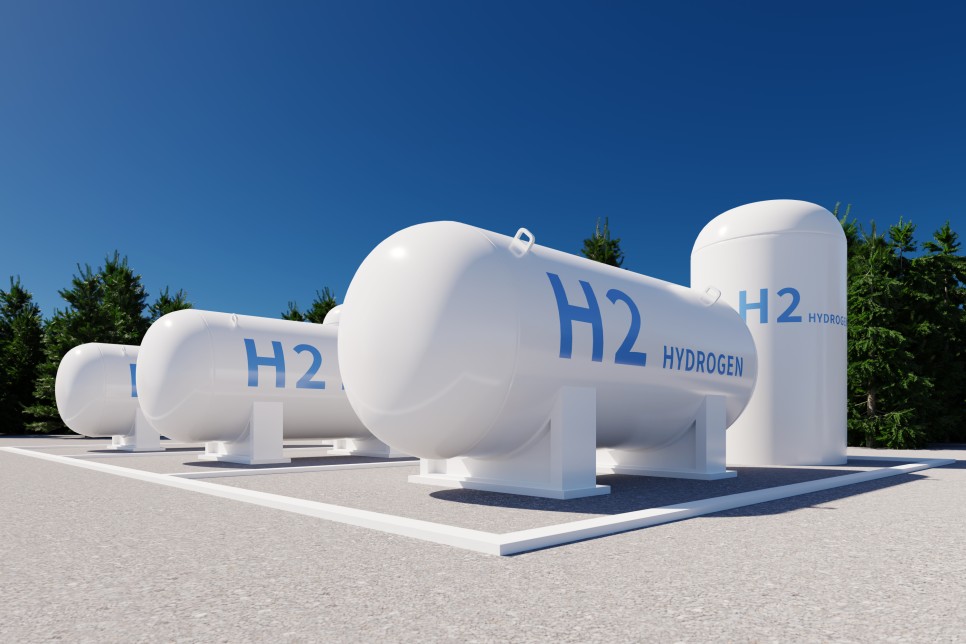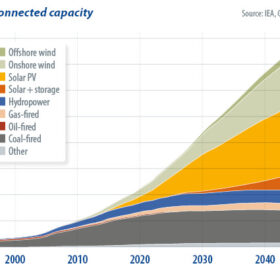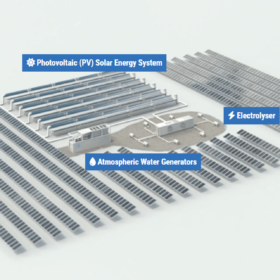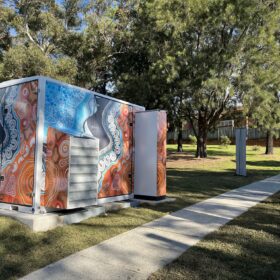Adelaide-based Zen Energy and DGA Energy Solutions Australia, a 100% subsidiary of Mitsubishi, have inked a memorandum of understanding to extend their existing partnership dedicated to the delivery of renewable energy and renewable hydrogen into new sustainable value chains.
DGA was founded in 2023 and is responsible for the development of, and investment in Mitsubishi’s renewable energy, green hydrogen, and green ammonia projects in the Oceania region.
DGA Managing Director Kentaro Matsumura said the company aims to be a lead supplier of green hydrogen in the region.
“We’ll start first with local production to meet the needs of businesses in Australia and moving to the export of hydrogen-based products from Australia to Asia,” he said.
“Partnering with Zen, an early mover in the energy transition who already supplies a group of platinum customers from a scalable renewable generation platform, will enable us to move closer to our goals.”
DGA’s collaboration with Zen is the company’s latest play in Australia’s nascent green hydrogen market. Late last year DGA signed a letter of agreement with Countrywide Hydrogen to jointly conduct and fund studies for the Portland Green Hydrogen project being developed in Victoria.
Earlier this month, it entered into a heads of agreement with Adelaide-based tech company Entx to acquire a 49% equity stake in the Limestone Coast Hydrogen Project (LCH2 project) being developed in South Australia.
The facility would produce green hydrogen for use in tissue manufacturer Kimberly-Clark Australia’s nearby manufacturing facility. The first stage is expected to produce 3.65 tons per day of green hydrogen, which will be blended with 20% natural gas for use in the plant. Stage 2 production will be increased to about 4.5 tons per day, with a target of a complete switch to green hydrogen by 2029.
Entx said it is currently finalising its feasibility assessment and, subject to approval and a final investment decision, first hydrogen production is planned for 2027.
Zen Chief Executive Officer Anthony Garnaut said the company’s partnership with DGA will accelerate Australia’s journey to becoming a renewable energy superpower.
Popular content
“Australia is now the leading supplier of energy and minerals to Japan. If we are to retain this position in 2050, we need to create new, sustainable ways of producing versions of the products we currently sell to Japan,” he said.
“We cannot do this alone. It requires partnerships with organisations like DGA and Mitsubishi, who share our vision, and are willing to invest the needed effort and leverage their networks to help create new value chains.”
a range of Zen’s assets including developing its Templers Battery project about 60 kilometres north of Adelaide, adding a second battery energy storage system to its 200 megawatt solar farm Solar River in South Australia, and on future projects in western Sydney and south-east Queensland. Zen is hoping to financially close the Solar River project in the next 12 months.
Zen, which was established in 2004, has offtake agreements with renewable energy projects in four states and counts the South Australian government and CSIRO’s NSW sites among its clients. It is also developing its own renewable energy projects including the 111 MW / 240 MWh Templers battery energy storage project about 60 kilometres north of Adelaide.
It is also pursuing plans to develop the Solar River project in South Australia, which would comprise more than 200 MW of solar generation and at least 300 MWh of energy storage capacity, and the Western Sydney Pumped Hydro project in NSW that would be capable of generating 1 GW of on-demand power for up to eight hours.
This content is protected by copyright and may not be reused. If you want to cooperate with us and would like to reuse some of our content, please contact: editors@pv-magazine.com.








1 comment
By submitting this form you agree to pv magazine using your data for the purposes of publishing your comment.
Your personal data will only be disclosed or otherwise transmitted to third parties for the purposes of spam filtering or if this is necessary for technical maintenance of the website. Any other transfer to third parties will not take place unless this is justified on the basis of applicable data protection regulations or if pv magazine is legally obliged to do so.
You may revoke this consent at any time with effect for the future, in which case your personal data will be deleted immediately. Otherwise, your data will be deleted if pv magazine has processed your request or the purpose of data storage is fulfilled.
Further information on data privacy can be found in our Data Protection Policy.